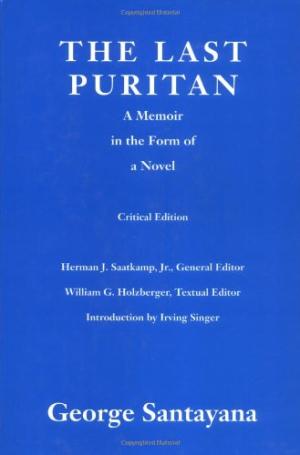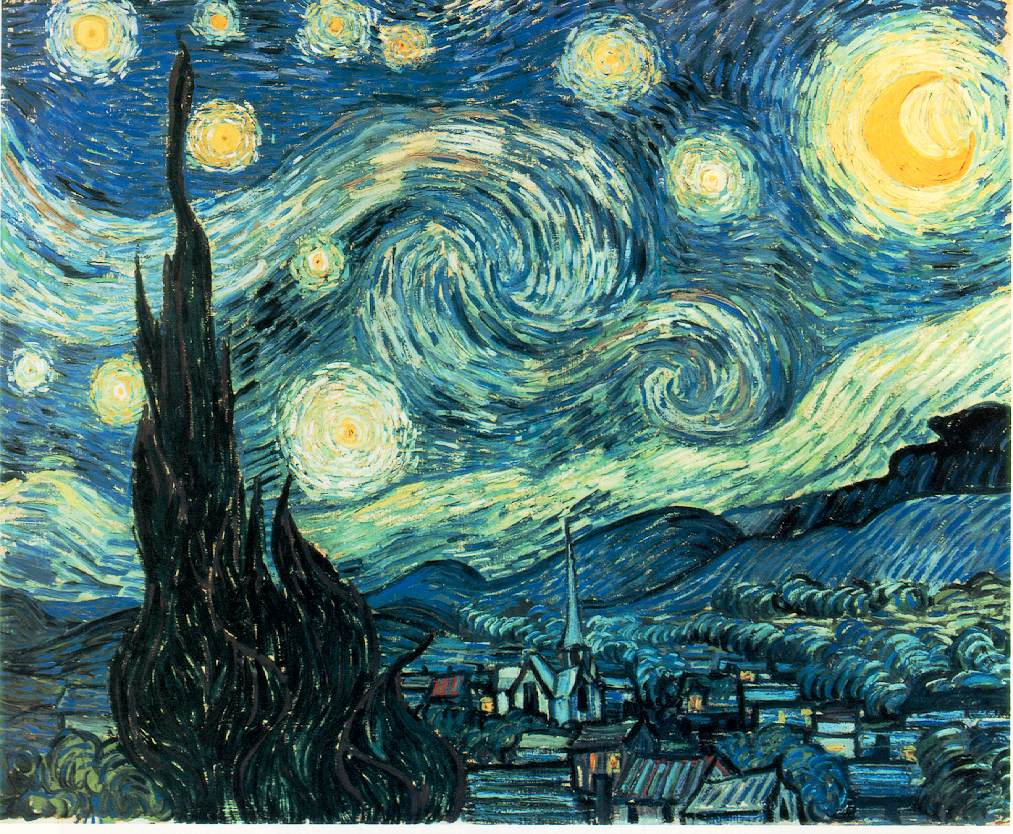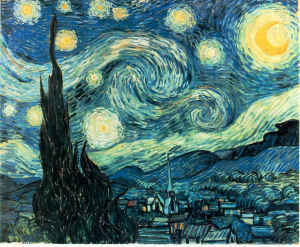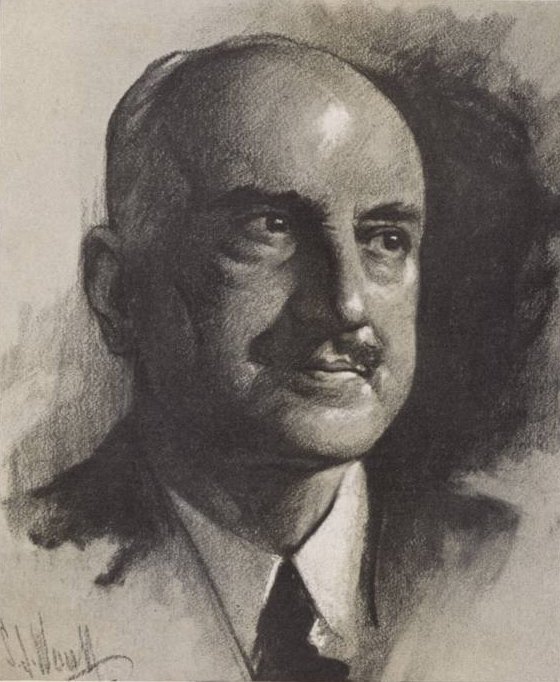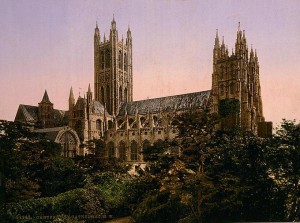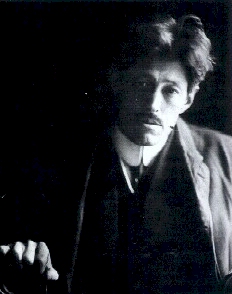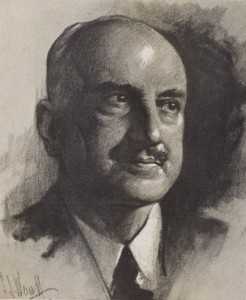 To Charles Augustus Strong
To Charles Augustus Strong
22 Beaumont St.
Oxford, England. October 26, 1917
Dear Strong,
Yesterday I received—and sent on—your reply to the criticisms on your paper. I have never read anything of yours that I liked so much, it seems as if your long illness had led you to concentrate and clarify your thoughts more than ever. It was particularly welcome to me to find what you say about essence so entirely what I think, because I will confess that until now I had some suspicions that your conception of essence tended in places to become too psychological, something like “image”.
My enthusiasm for your exposition is so great that I feel a fresh desire to come to an agreement with you on the chief point on which we still differ, namely, the difference between a “psychic state” and the “brain-state”; in other words, whether things-in-themselves (or substance, as I should prefer to call it) “is are material or psychic” I am not sure that we need disagree even on this point. The essence of a green-feeling, according to you, is not (or need not be?) the essence of green. Yet, in order to bring the essence of green before us, it must have, if I understand you, some affinity or intelligible relation to green. Does this affinity require any similarity? How is a green-feeling akin to the essence of green? Not (I understand) by intuiting green, for a green-feeling is not aware of anything. Is it that green, or something like green, can be truly predicated of it? But can a green-feeling be looked at? Can it look green?—and I don’t see how else anything could have green for its attribute. If you were willing to say that what made a green-feeling an intelligible ground for the intuition of the essence “green”, was its natural, normal, habitual sufficiency (as the world and life are constituted) to make green appear, just as this is what makes a greentree, or the spring-time, have an affinity to the essence “green”—then I should not feel any but a verbal reluctance to accept your doctrine. The ear has a natural affinity to sound, the eye to colour; and so (more minutely and intimately) the brain-state that immediately evokes any essence must have to that essence: but not by having that essence, or any similar essence, but by the laws of evolution and superfoetation—as marriage “evokes” children. If so much were granted, I should gladly call the central sensitive formative governing elements in the body the psyche, and the particular states of the psyche the “sensations”, “passions”, or “affections” productive of our sensible, passionate, or emotional data: it is an ancient and perhaps inevitable practice to call these things by the same name, as anger, according to Aristotle, means dialectically a desire for revenge, but physically a boiling of the humours. In other words, the ground of a given emotion is called by the name of that emotion, especially when its own essence is not at all known. Mind-stuff, or even feeling, would on this principle be a good or at least inevitable name for substance, so long as we know nothing about substance except that it is the organ of mind and feeling.
However, we now do know something more about substance—especially its distribution and methodical, measurable transformations. Would you be willing to predicate of mind-stuff, not merely its affinity with mind, but the laws of physics? If so, it would not differ from what I call matter, which I don’t imagine to be exhaustively described by physical chemistry, nor even described from within at all: its external relations position, motions, fertilities are known to us, not its intrinsic nature: and as of these fertilities that in respect to mind is one of the most remarkable, and to us the important one, we might call it mind-stuff par excellence, although it is the stuff of everything else also.
This is all old: we have discussed it often: yet I feel the impulse to put it to you again with a sort of new hope, because I think we ought not to allow words or old associations to blind us to what is, perhaps, a substantial agreement, even in this matter.
I shall be curious to see what they make in America of your rebuttal: it wouldn’t surprise me if some were converted: but Drake is so entangled in the notion of “mental facts” or small living ideas breeding one another in the mind like mosquitoes, that I am afraid he will never come round. If they put our two contributions by themselves at the end, in a water-tight compartment, or in the quarter-deck, the ship will either sink or rise by the stern—I don’t know which, but certainly she won’t go on an even keel. However, I should be glad of the honourable isolation: and I should deprecate the use of “essence” by them, because they will twist it horribly and the whole doctrine, which is open enough to misunderstanding at best, will be hopelessly befogged. What do you think of Drake on O, Op, Op, etc, etc.? He wants to call essence O, i.e. object! O?no!.
I am afraid the censor may think this a code, so I will stop.
Yours ever
G Santayana
From The Letters of George Santayana: Book Two, 1910-1920. Cambridge, MA: The MIT Press, 2001.
Location of manuscript: Rockefeller Archive Center, Sleepy Hollow NY.
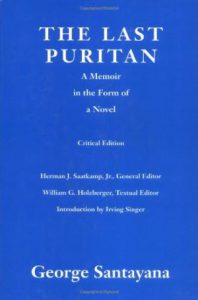 To George Sturgis
To George Sturgis
